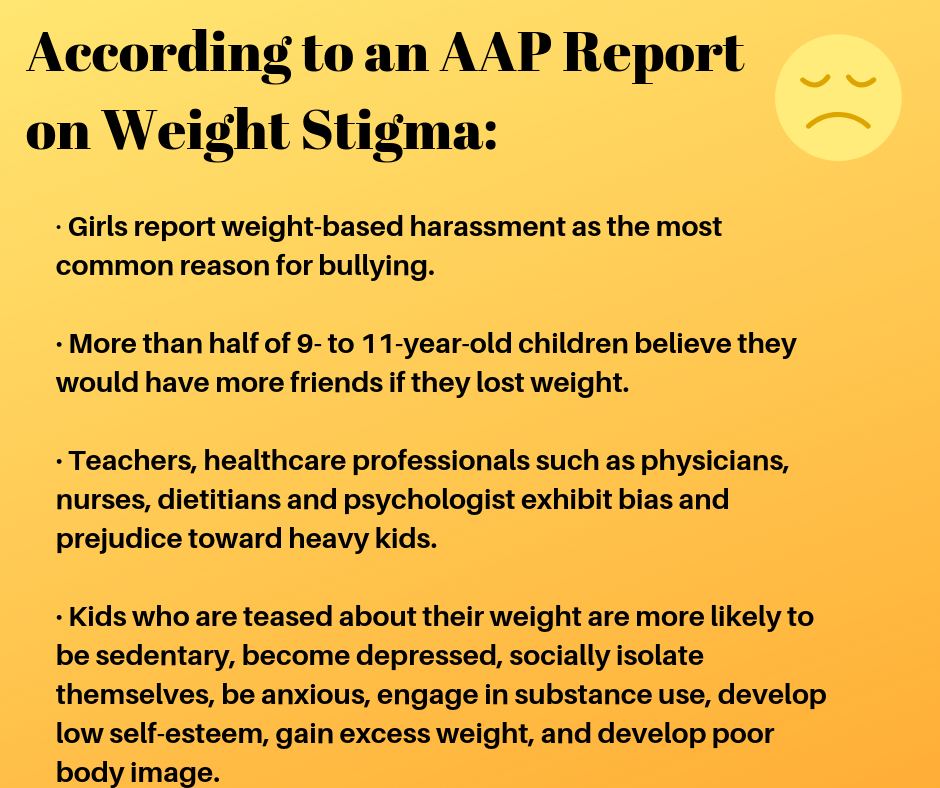This story is the fourth of six articles discussing body image.
The misogynistic expectations and implications of being a woman have existed as a barrier between true camaraderie amongst women for centuries. Women are taught from a young age that we must scrutinize every part of ourselves and that other women are inherently better or worse than us because of the ways that we are different from them. Media from Tina Fey’s Mean Girls to Jane Austen’s Emma portray the jealousy often perpetuated by and expected of women in society. And despite evidence suggesting that women are less competitive with one another than men, a major cultural perception still persists. But why do we do this?
In an interview with The Independent, actress Constance Wu framed the issue not as specifically gender-based, but rather as a result of scarcity. “If you’re at a board meeting and there’s only one seat for a woman and all the other seats are for men, it’s not about being a woman – if you think there’s only one seat, it’s going to be competitive,” Wu said. When so few opportunities are available for women in nearly every aspect of society, we feel the need to distance ourselves from one another to succeed. This phenomenon manifests itself in many different ways, but perhaps most notably in the form of pick-me girls.
“Pick-me girls” are women who put down other women for validation from the opposite sex. These sorts of people often use the age-old phrase, “I’m not like other girls!” and demonize all remotely feminine ideals due to internalized misogyny. I’m sure we all know a girl who doesn’t identify as a feminist because she believes they’re all man-hating psychos or a girl who cracks jokes about women belonging in the kitchen in exchange for a pat on the back from a male conversation partner. Not only does pick-me culture significantly contribute to the patriarchal oppression of all people but it also enables male entitlement and shames women for merely being themselves.

Pick-me girls and body image intersect at a very interesting point. Teens and young girls have extraordinarily high rates of body dissatisfaction. So girls who often struggle with an unhealthy body image can inadvertently become pick-me girls through comparison. Believing that you are superior to another human being because your body fits the body expectations for women enforced by society is perfectly in line with the mindset of a pick-me girl. Weight-related discrimination and stigma is absolutely terrifying, and despite sweeping successes in the body positivity movement, feeling the need to distinguish yourself can often be a person’s first instinct. So although some women may not partake in making sexist jokes or slut-shaming other women, by making comments about how little they’ve eaten today or how brave you are for wearing a crop top, they feed into that mentality just the same.

Similarly, when we view ourselves as inferior to others because we think our bodies are somehow less deserving of love than theirs, we can project the hatred produced from such comparisons on to people who may not even be aware that they’re the subject of such criticisms.
The media also contributes to the competitive climate between women. In gossip magazines, when ‘Who Wore it Better’ segments accompany sensationalized celebrity drama, it’s no wonder that girls feel pressured to surpass one another in looks. Television shows like Love Island, The Bachelor, and America’s Next Top Model teach us that in this world, it’s every woman for herself. This lie is spread to encourage drama and increase ratings for shows, and sell more copies for magazines.
In actuality, when society expects us to tear each other down, loving each other is the greatest form of rebellion that women have. We hold so much power when we work together and learning to admire instead of envy is one of the most important lessons we must teach each other. The cultural phenomenon that is the competitiveness encouraged between women isn’t anyone entity’s fault. Of course, you can blame the media for normalizing it, and pick-me girls for perpetuating it, but in the end, it is misogyny to blame. This issue is just another way for women to be dominated. If we can work towards a future void of body comparisons and the need for male validation, we can begin to truly appreciate one another for who we are, cognizant and respectful of our differences. And when it comes down to it, in the words of Cady Heron, “Insulting someone will not make you any more beautiful.”





